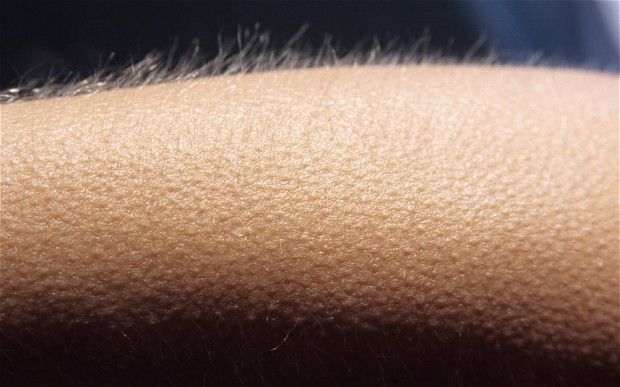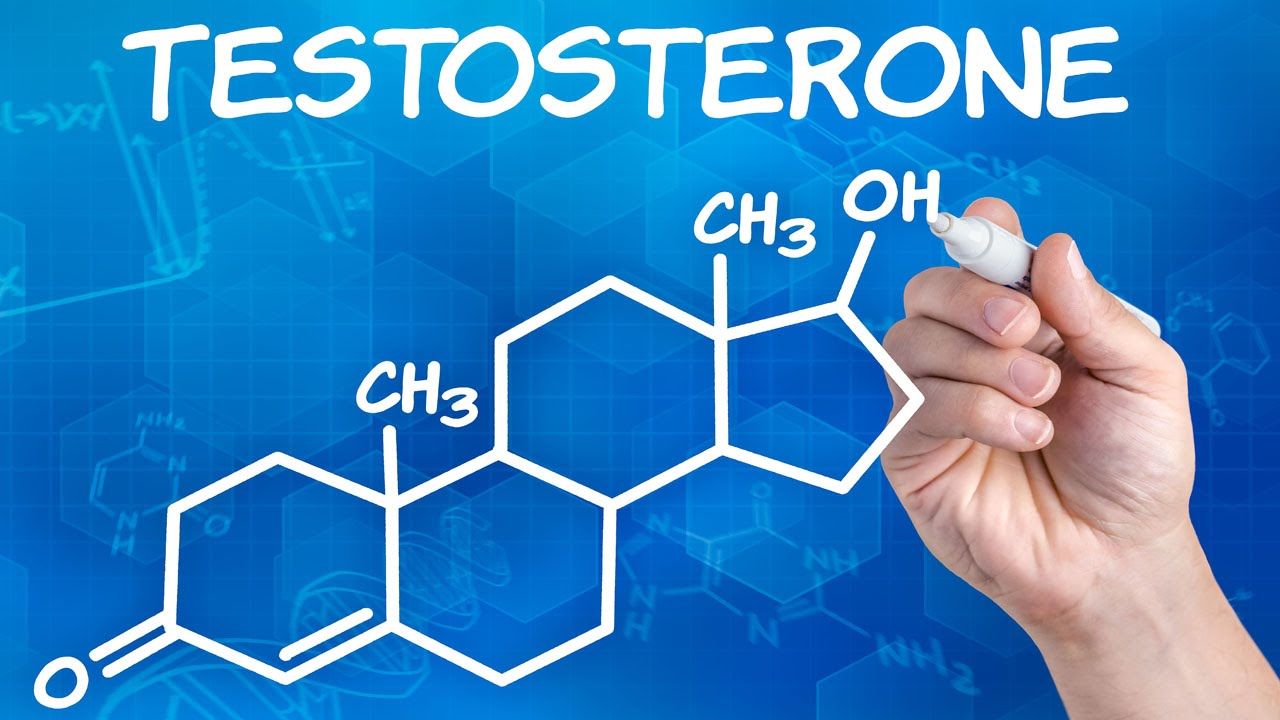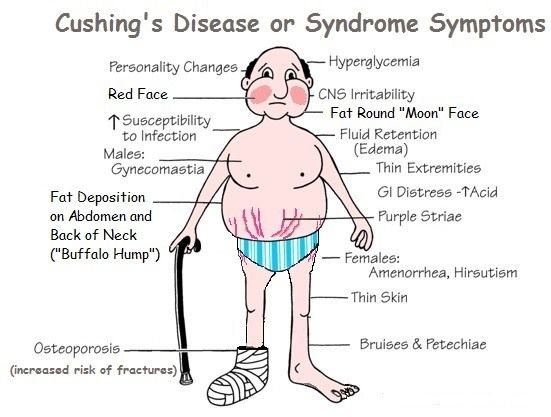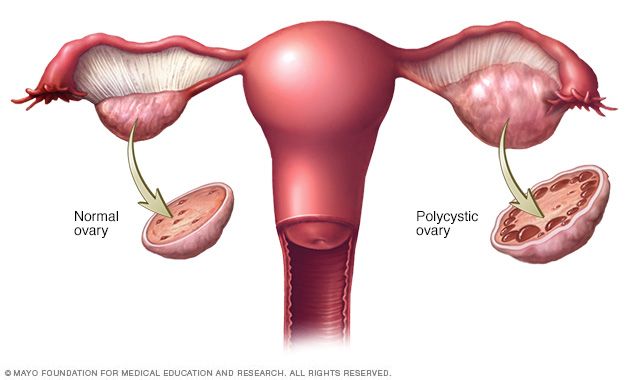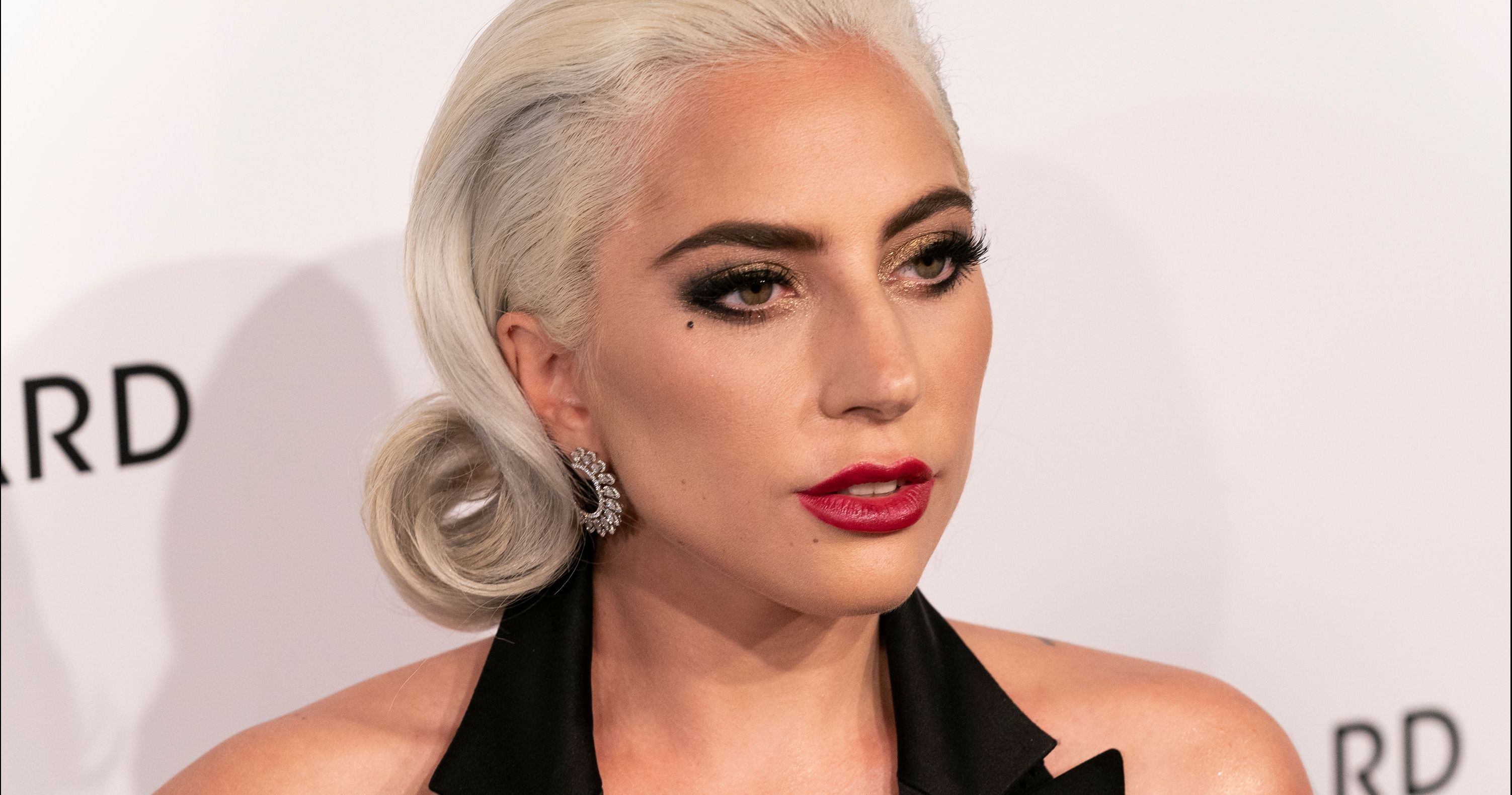Like it or not, having body hair is an irrefutable part of life.
Sure you can shave or wax it off, but even if the hair's not as coarse or as thick, it'll still come back as prickly as ever.
Humans, like animals, have body hair for a reason (and it's not related to style).
For instance, having body hair provides a cushion against friction that can cause skin abrasions and injuries, and gives us protection from bacteria and other unwanted pathogens. When how hair stands up in the cold, it's in order to trap more heat close to our bodies.
Despite the sound reasoning, most of us still have negative feelings towards the unwanted follicles, especially if the hair's significantly prominent in the nipple area.
According to The Sun, the amount of hair surrounding your nipples is mainly due to hormonal changes or imbalances in your body, which can be due to an increase in the male sex hormone testosterone. This can occur when a woman enters menopause, because estrogen levels tend to drop.
However, if you notice your nipples are hairier than normal (if you compare it with your friends, we won't judge), it could be a sign of a serious health concern.
If you notice an increase in hair growth around the nipples, it may be necessary to see a doctor to rule out these two syndromes.
1. Cushing's syndrome
One of the causes of exceptionally hairy nipples could be a side effect of Cushing's Syndrome. It's characterized as having too much of the hormone cortisol in the body, which is a steroid hormone that "controls your metabolism and immune response."
It's typically caused by taking steroid medication for a significant period of time, or a tumor on either the pituitary gland in the brain, or on the adrenal glands located in the kidneys.
Other symptoms include increased fat on your chest and stomach, a red, bloated face, bruising easily, purple stretch marks, weakness in the upper arms and legs, depression, and having a low libido.
If this condition isn't treated, it Cushing's syndrome could lead to high blood pressure.
Luckily, there is treatment available, but it could take a while for it to be cured.
2. Polycystic ovary syndrome
Polycystic ovary syndrome (PCOS) is another condition that has excessive nipple hair as a side effect.
PCOS is often brought on by an imbalance of male hormones in the body. It can affect how a woman's ovaries function, and can cause irregular periods.
Those who suffer from more severe cases may have a significant amount of hair growth on their faces, chest, back, and backside. It can also make it more difficult for women to get pregnant, as the sacs the ovaries are located in make it impossible for the body to release an egg. Therefore, ovulation will fail to occur.
While this condition cannot be cured, it can be properly managed.
Be sure to share this article with your friends to make sure everyone gets a proper diagnosis!

